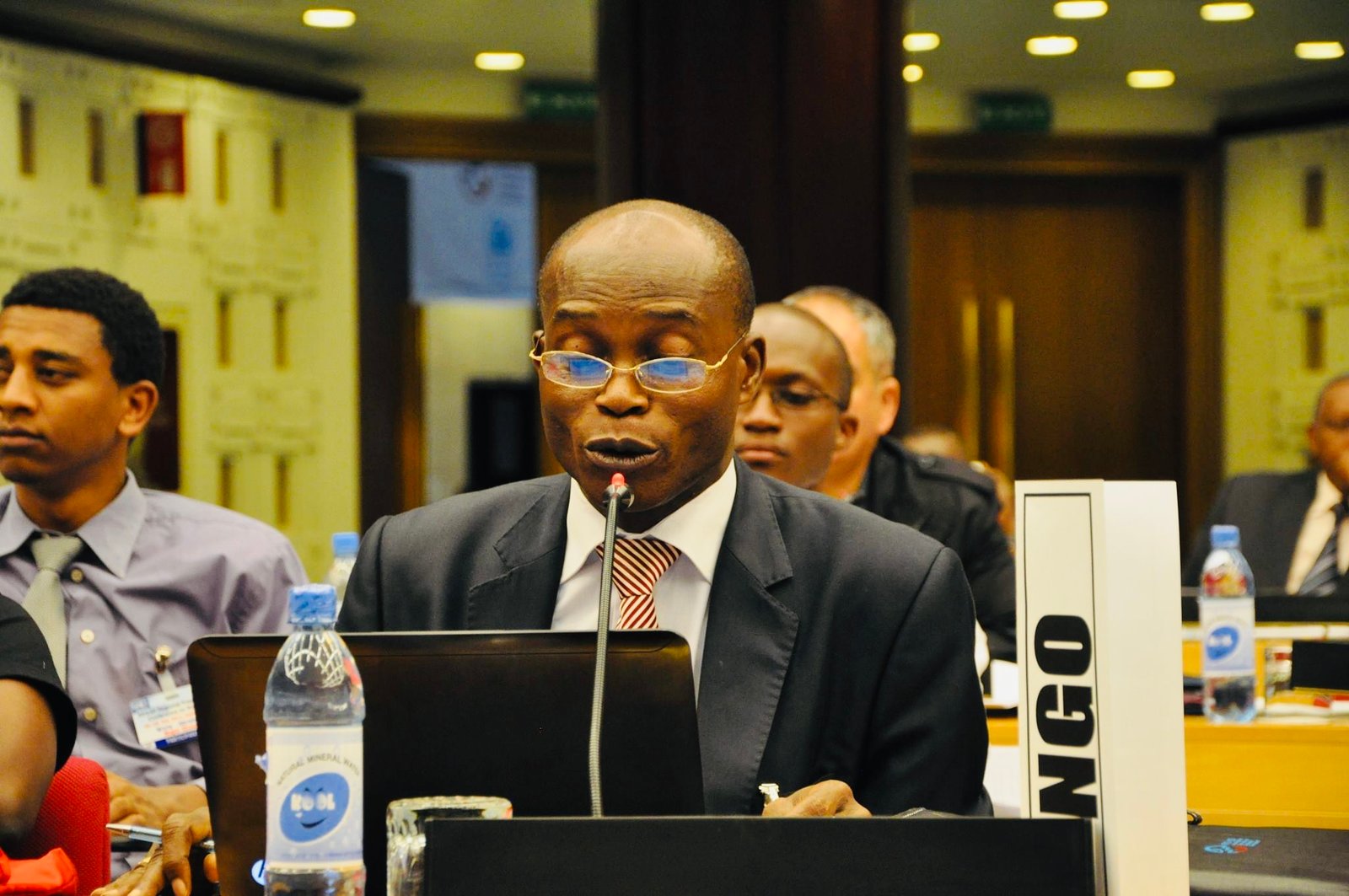Cholera: Expert recommends intensified hygiene practices for schools
By Tosin Kolade
In response to suspected and confirmed reports of cholera outbreaks in some parts of Nigeria, a sanitation expert has called for improved hygiene practices in schools.
Mr Benson Attah, the National Coordinator, Society for Water and Sanitation (NEWSAN), made the call in an interview with the News Agency of Nigeria (NAN) in Abuja on Wednesday.
He said that school management authourities need to immediately increase their level of alertness and intensify cholera awareness.
He urged local government councils with reported outbreaks to disseminate hygiene messages to pupils and students in affected areas.
Attah advised students to share the messages with their families, neighbours, and communities to ensure widespread awareness and preventive action.
“This outbreak should serve as an early warning to the councils and states yet unaffected,” Attah said.
He underscored the necessity for proactive measures even in regions not currently experiencing outbreaks.
“The recommended hygiene practices include; regular hand washing with safe, clean water and soap, especially before eating.
“We must all practice food safety by washing fruits and vegetables with salt and water, followed by thorough rinsing and ensuring that all cooking and eating utensils are cleaned with soap and water.
“Another issue is insect and rodent prevention through preventing flies and other insects from contacting food and keeping rodents out of homes, particularly kitchens and food storage areas”.
The national coordinator noted the importance of water safety, saying drinking only potable or boiled water should be encouraged at all times.
Attah said that school management authorities must immediately increase their alertness and cholera awareness efforts to mitigate the spread of the disease.
He urged everyone to maintain a high level of hygiene at home, in schools, on buses, and in other public places to prevent further outbreaks.
“The level of seriousness and commitment to hygiene practices must be heightened across all affected and unaffected areas, collective responsibility is essential in combating the cholera outbreak.
Attah also advised everyone to avoid buying and eating street food in areas with reported cholera cases, saying clothes and bedding should be soaked in soap, boiled water, and disinfectants, or bleach.
He said floors, walls, toilets, and bathrooms should be washed with disinfectants or bleach where cholera patients stayed or were treated.
“Everyone should drink boiled or potable water, additionally, people should adopt regular hand washing with safe water and soap or use hand sanitiser.”
NAN quotes the Nigeria Centre for Disease Control and Prevention as saying “as of 11 June 2024, 1,141 suspected cholera cases had been recorded across 30 states in Nigeria since January 2024.’’
The 10 states that recorded 90 per cent of the cases are mostly located in the South (Bayelsa—over 400 cases, Lagos, Abia, Cross River, Delta, Imo States), with some situated further north (Katsina, Nasarawa, Zamfara States). (NAN)
Edited by Ese E. Eniola Williams
Published By
- Agriculture and Environment Desk Controller/Website Content Manager.
Has also recently published
 EnvironmentJuly 4, 2025Group empowers young Nigerians for climate advocacy
EnvironmentJuly 4, 2025Group empowers young Nigerians for climate advocacy Economy/BusinessJuly 4, 2025Rebranding initiative to boost development, transparency – BPP
Economy/BusinessJuly 4, 2025Rebranding initiative to boost development, transparency – BPP General NewsJuly 4, 2025VON targets 500m Swahili listeners through partnership with Tanzania
General NewsJuly 4, 2025VON targets 500m Swahili listeners through partnership with Tanzania General NewsJuly 4, 2025Presidency appoints new SDGs student council excos
General NewsJuly 4, 2025Presidency appoints new SDGs student council excos





